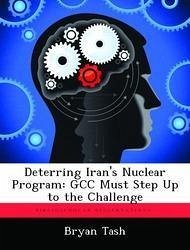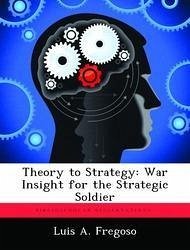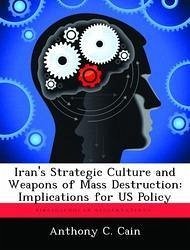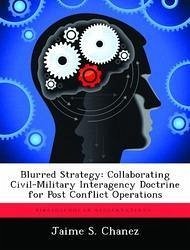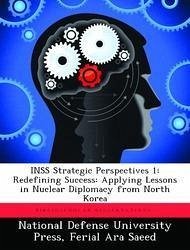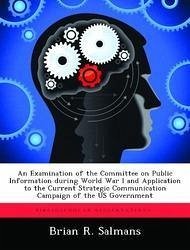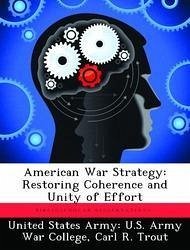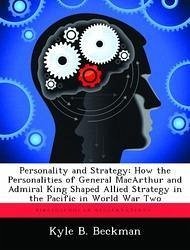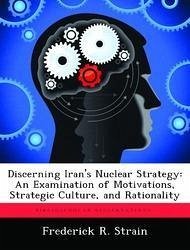
Discerning Iran's Nuclear Strategy: An Examination of Motivations, Strategic Culture, and Rationality
Versandkostenfrei!
Versandfertig in über 4 Wochen
53,99 €
inkl. MwSt.

PAYBACK Punkte
27 °P sammeln!
Unable to forge a world consensus against the potential dangers of a nuclear armed Iran, US policy makers must prepare for the inevitable. The development of successful US policy with regards to this issue demands an appreciation of Iran's potential nuclear strategy. Does Iran view nuclear weapons as tools of coercion, useful deterrents, or the ultimate survival guarantee for Shi'ism and Persian culture? Key to speculation about potential strategies is first discerning what motivates Iran's nuclear aspirations, the influences of what Colin Gray calls the "strategic culture," and speculation on...
Unable to forge a world consensus against the potential dangers of a nuclear armed Iran, US policy makers must prepare for the inevitable. The development of successful US policy with regards to this issue demands an appreciation of Iran's potential nuclear strategy. Does Iran view nuclear weapons as tools of coercion, useful deterrents, or the ultimate survival guarantee for Shi'ism and Persian culture? Key to speculation about potential strategies is first discerning what motivates Iran's nuclear aspirations, the influences of what Colin Gray calls the "strategic culture," and speculation on the rationality of Iran's policy process. The evidence suggests Iran is perhaps more rational with regards to strategy development than generally believed if we view decisions in terms of the Iranian experience and key influences on decision makers. It seems likely Iran intends to use nuclear weapons as deterrents to further US and Israeli action in the region, while at the same time enhancing its prestige. US policy based on traditional deterrence theory may apply with respect to countering Iran's eventual nuclear capability.



